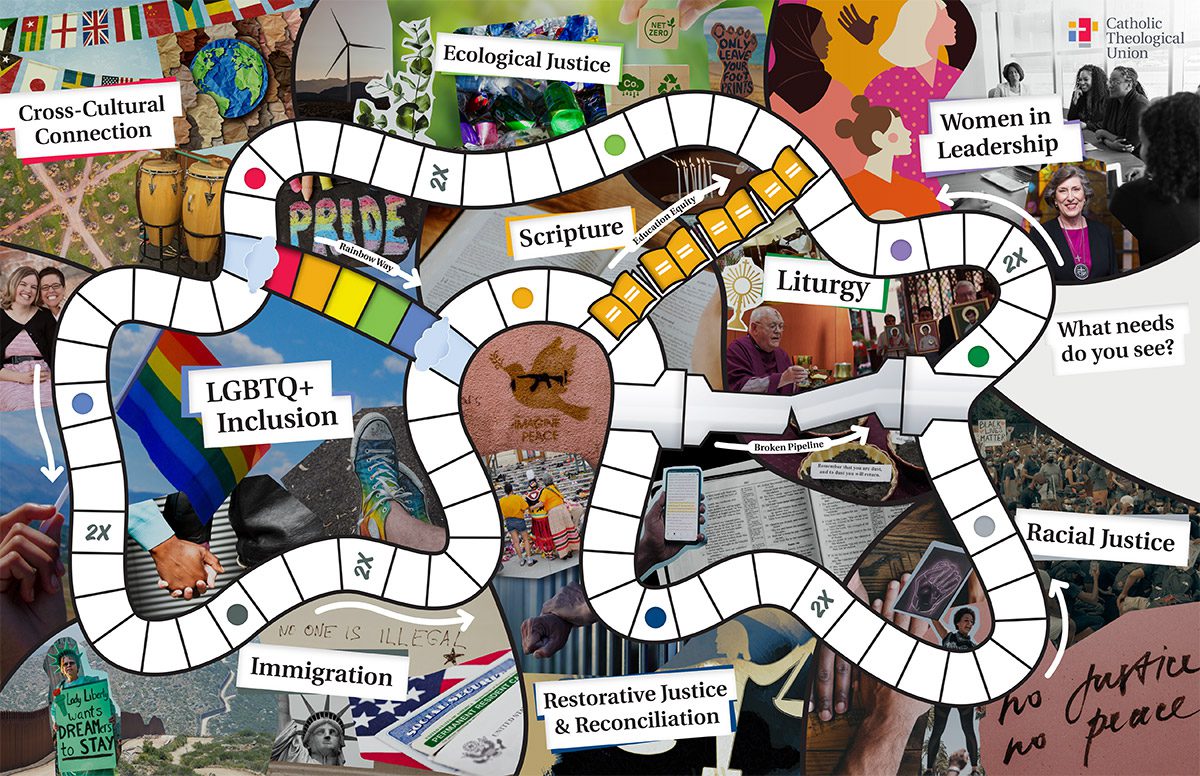Possible Preaching Themes
Possible Scientific Resources
- Wisdom is a human trait that is highly valued across cultures. While some think of wisdom as originating only from outside of oneself (e.g., as a gift of the Holy Spirit), science suggests that it is possible to practice and grow in wisdom.
- Tradition provides society with stability, grounding, and continuity. It helps provide a sense of identity and belonging. However, tradition can also be used to impose outdated values, for curtailing human rights and for discriminating against particular groups.
- A more scholarly article on the emerging empirical science of Wisdom; it is briefly summarized here.
- Accessible and brief article on wisdom from a psychological perspective
- Introduction to the science of wisdom from the University of Chicago’s Center for Practical Wisdom
- There is some evidence that wisdom may be genetically inherited.
Homily Outline on Wisdom:
- In the Hebrew Scriptures Wisdom is a rich and pervasive concept
- In the book of Ecclesiasticus Wisdom is presented as
- a creation of God (24:9)
- that penetrates the universe (24:4-6)
- and dwells with the chosen people (24:8-12)
- Wisdom is often personified as a woman
- for example in the book of Proverbs, “She is more precious than corals, and no treasure of yours can compare with her. Long life is in her right hand, in her left are riches and honor; her ways are pleasant ways, and all her paths are peace; She is a tree of life to those who grasp her, and those who hold her fast are happy” (3:15-18)
- In the book of Ecclesiasticus Wisdom is presented as
- Wisdom can be defined in different ways
- Some hold that there are three different types of wisdom
- practical wisdom for making good decisions gained from experience
- speculative wisdom which considers the meaning of life and death
- revelatory wisdom which is given as a gift from God.
- Others hold for seven ways to differentiate wisdom
- understanding
- prudence
- discernment
- foresight
- control
- flexibility
- Some hold that there are three different types of wisdom
- Since the 1970s, scientists have shown increasing interest in studying wisdom, particularly practical wisdom
- There is no agreement on how to define wisdom scientifically.
- One working definition: “a complex human trait with several specific components: social decision making, emotion regulation, prosocial behaviors, self-reflection, acceptance of uncertainty, decisiveness, and spirituality.”
- Some studies add openness to new experiences and a sense of humor.
- Though the definition might sound clinical, it is resonant with many Christian virtues:
- social decision making: deciding and acting in a way that protects and promotes the common good,
- emotion regulation: the virtues of moderation and chastity,
- prosocial behaviors: the corporal and spiritual works of mercy,
- self-reflection: meditation, examination of conscience
- acceptance of uncertainty: virtues of faith and equanimity.
- Scientific research suggests that wisdom is useful for individuals and society:
- associated with better overall mental and physical health
- linked to a “good life”
- increases our sense of well-being and happiness
- and boosts our resilience.
- There is evidence that some people may be genetically predisposed for wisdom
- There is no agreement on how to define wisdom scientifically.
- Wisdom can be learned
- Researchers have demonstrated that wisdom does actually come through experience, and the more experiences the more wisdom one can acquire
- It is not only the elderly who can be wise; folk can actually increase their wisdom through certain practices:
- Reflection on daily events is critical to growth in wisdom, helping us place personal events into a broader context
- Self-distancing and examining a situation as if from the perspective of a third party is another effective practice,
- Openness to other perspectives allows us to draw upon the experiences of others, without necessarily having to endure the challenges that brought them wisdom.
- Jesus as our wisdom source
- Today’s gospel depicts a Jesus frustrated with those unwilling to grow in his wisdom:
- Instead of being self-reflective, they simply repeat the letter of the law;
- Instead of self-distancing themselves from their old ways and see the practices of his disciples them through the Rabbi’s eyes, they narrow their gaze;
- Instead of openness to Jesus’ new vision of God’s reign, they cling only to what they know.
- They were not like their forbearers in the first reading, called to wisdom in the new laws God gave through Moses.
- They close themselves off from the law of love revealed in Jesus, the new Moses.
- We believe that wisdom is the first of the traditional 7 gifts of the Holy Spirit.
- But those gifts do not magically grow within us without wise practices
- Jesus is the model for us
- Taking time away from the crowds and disciples to reflect and pray
- Self-distancing himself even from honored religious practices so that he could rethink them
- Open to God’s Spirit that led him into the desert.
- Celebrating Eucharist each week is an invitation into a school of holy wisdom.
- Here we practice prayerful reflection, seeing through God’s eyes, and learning openness to the Spirit’s vision
- That we might grow in Wisdom, and so be a blessing for others.
- Today’s gospel depicts a Jesus frustrated with those unwilling to grow in his wisdom:
Related Homily Outlines
Couldn’t find what you’re looking for?
Try searching with another filter

Preaching with Sciences

Edward Foley, Capuchin
Duns Scotus Professor Emeritus of Spirituality
Professor of Liturgy and Music (retired)
Catholic Theological Union
Vice-Postulator, Cause of Blessed Solanus

















